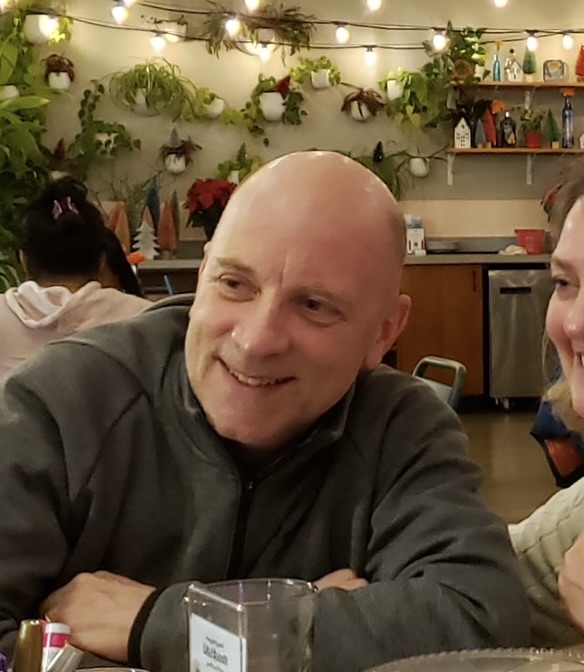
Malone, Denver and Cable-Tec Expo
Posted by Jonathan Tombes on Nov 7, 2023Cable-Tec Expo 2023 is in the books. That’s the 24th consecutive Expo I’ve attended, many of those like this one in Denver, at the convention center with the Big Blue Bear. Twenty-four years, but I remain a relative newcomer, a third-generation observer at best. There are plenty of vendors and operators from earlier days who are still up and about, and engaged.
Take John Malone, who was interviewed via remote feed in the opening keynote session on Tues., Oct 17, by Liberty President and CEO Mike Fries. Yet even Malone isn’t a true cable pioneer, in the sense of an operator who pulled coaxial cable and amplified the signal from the so-called community antenna in the late 1940s and early 1950s – or supplied the gear to do so. Malone arrived later. After working at Bell Labs and McKinsey, he joined the industry on the vendor side as a group VP at General Instrument (GI) Corp in 1970 and then as president of GI subsidiary Jerrold Electronics. (Though given that GI was one of his clients at McKinsey, you could back-date that arrival by a few years.)
Malone became an operator in 1973, after Bob Magness (a pioneer who had indeed strung cable) chose him to lead Tele-Communications Inc. (TCI). Malone remained at TCI for more than two decades, shifting in the late 1990s to chairman of TCI and TCI subsidiary Liberty Media, which he had founded. Since 1999 (when AT&T bought TCI in a $43.5 billion deal) Malone has continued to fill the role of chairman at Liberty.
Malone and the Traveling Salesman Problem
No history of cable, telecom and media can ignore Malone. He appears several times in the book about ARRIS that I co-authored, including an incident during his early TCI days when he revisited Bell Labs as a customer (See p. 32.) One thing that caught my ear during this chat at Cable-Tec Expo was Malone’s reference to his doctoral dissertation.
Malone earned his academic credentials at a fast pace. He received a B.A. from Yale in electrical engineering (EE) and economics in 1963; M.A. from Johns Hopkins in industrial management in 1964; M.A. in EE from NYU (via Bell Labs) in 1965; and a Ph.D. in operations research from Johns Hopkins in 1966. The topic: The traveling salesman problem (TSP).
A mathematical puzzle involving combinatorial optimization, the TSP may seem like a simple-enough challenge. The scenario involves someone (e.g., a salesman) who must visit each city on a list, minimize the total distance travelled and return to the city of origin. The difficulty of solving it scales up quickly as you add cities. In the case of four cities, the number of total possible permutations is 4! = 24. But for ten cities, you’re talking 10! = 3,628,800.
The TSP eludes an efficient solution. It’s the type of problem called non-deterministic polynomial-time (NP) hard. That’s a technical term I’ve run into while doing some writing over the past several years on quantum computing and cryptography. My work with that client is why “the traveling salesman” caught my ear when Malone mentioned it.
Cable-Tec Expo and Industry Round-up
Apart from listening to the Malone-Fries talk and other keynote addresses, I spent time at this year’s Expo attending two Light Reading breakfasts, making the rounds on the floor, checking in with clients, and catching up with friends and acquaintances at various events. Add to all that, breathing the mile-high air and seeing the snow-capped mountains, from a distance anyway.
Why do I keep coming back? Friends and business and venues. (Denver is nice – I wrote about an earlier Expo there in this article; next year it’s back to Atlanta, another industry hub.) As with other industries, this one exhibits continuity and change. Fries highlighted its evolution with an arresting statistic: 70 percent of today’s operator revenue comes from services that didn’t even exist forty years ago. Cable is a resilient, problem-solving business that has already reinvented itself a few times, and could do so again.


